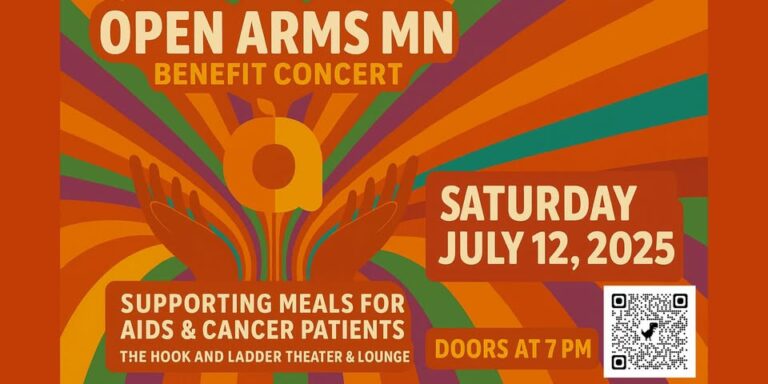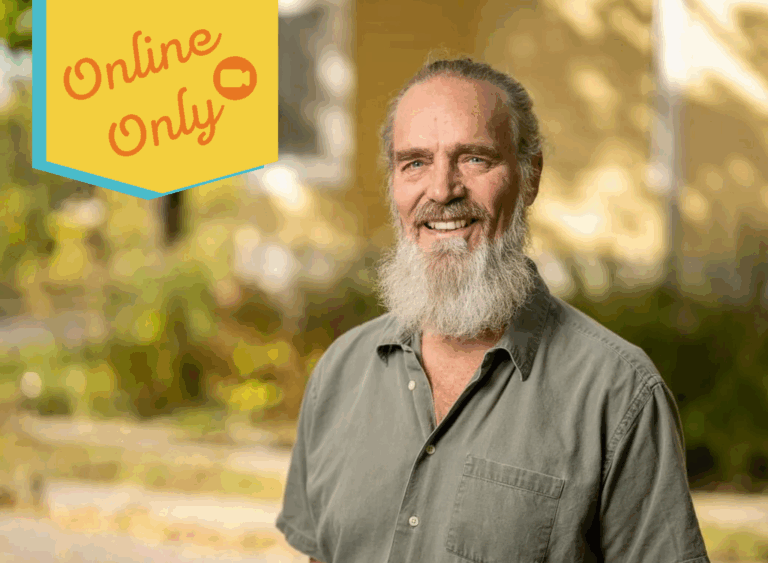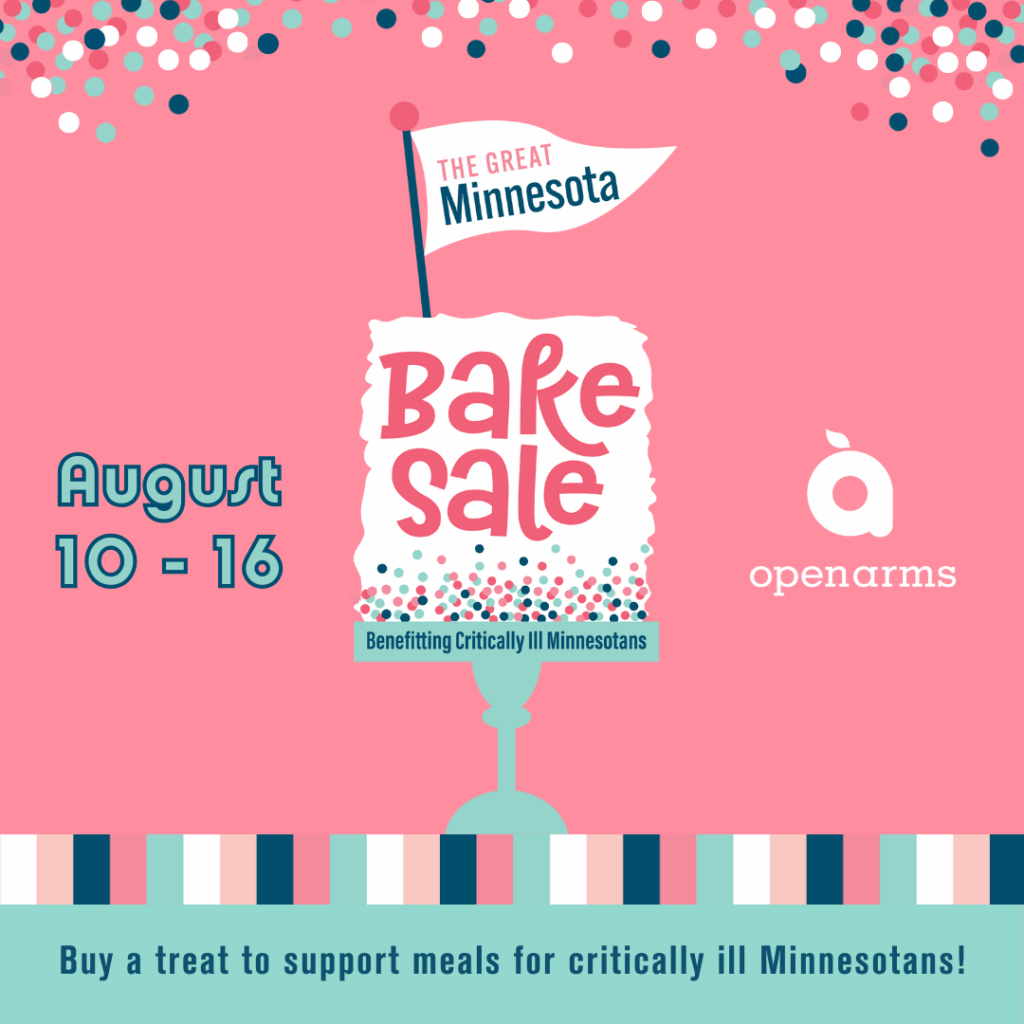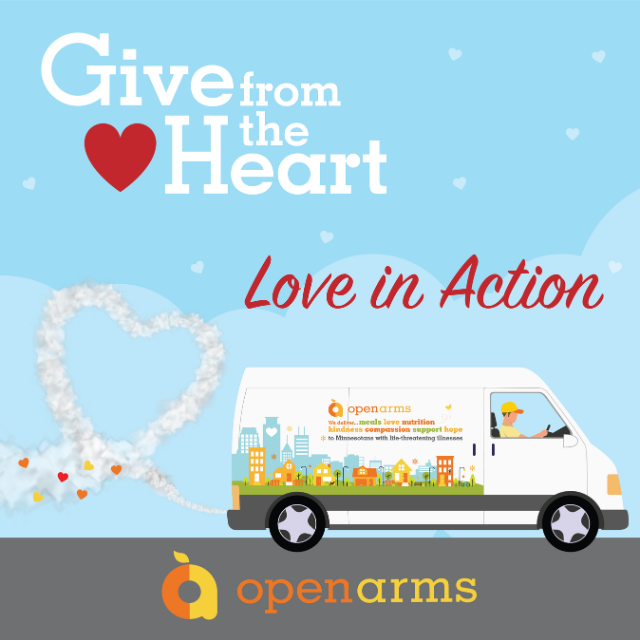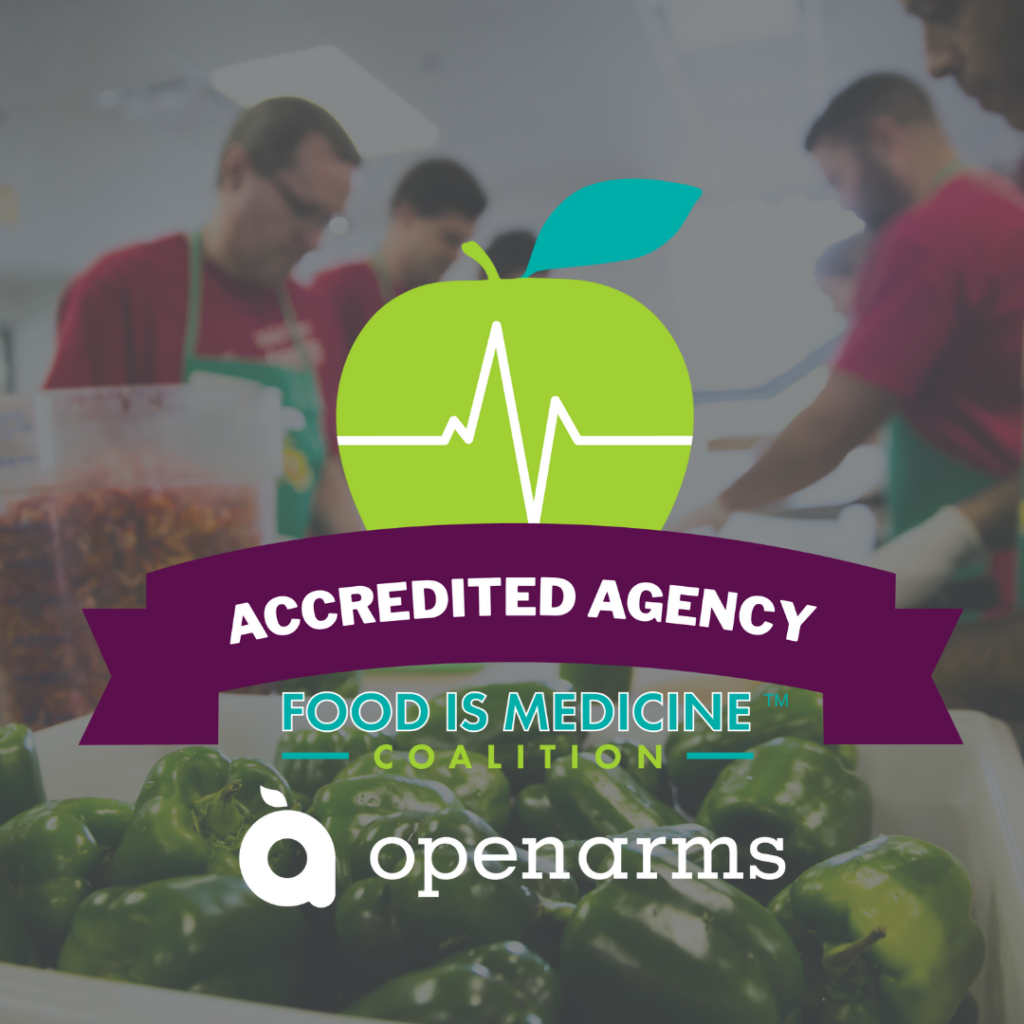My morning routine changes considerably when I travel and wake up in a hotel in a city like
I had some work to do in preparation for today’s round of meetings and site visits in Addis. While waiting for water to boil, I brushed my teeth and – looking at my weekly reminder pill box – I snapped the “Friday” compartment open and took my daily aspirin and multi-vitamin. I then mixed hot water into the instant coffee the hotel provides, and sat down at my computer to begin strategizing my day.
About 20 minutes later, I started feeling a little queasy. The queasiness changed to nausea. A fleeting thought of a terrible case of food poisoning I contracted in
Part of what I had been strategizing upstairs in my room was an upcoming appointment with Ato Shallo, the Director of the Regional Health Bureau of Oromia, the largest – both in geographic size and population – of the nine regions in
Six months later it was now my turn to visit Ato Shallo in his office in
Ato Shallo began the conversation by talking about the number of Ethiopians with HIV/AIDS who have access to potentially life-saving Anti-Retroviral Treatment (ART). In a country with massive food shortages and malnutrition, few of these people with HIV/AIDS have that same kind of access to food and nutrition that they have to medications. Given the potency of ART, Ato Shallo said, “If you take ARTs without food, it is like poison.”
Ato Shallo’s comment transported me back to my hotel room earlier in the day. I had merely taken an aspirin and a vitamin on an empty stomach, then compounded the severity of my body’s reaction to those pills by drinking a cup of coffee, to gain a slight insight into what it must be like for tens of thousands of Ethiopians who swallow AIDS medications on empty stomachs every day. I also had the advantage of being able to pay hotel-inflated prices for a couple of pieces of bread that would absorb the aspirin and vitamin, resolve my discomfort, and allow me to go about my business.
Ato Shallo identified the challenges. People with HIV/AIDS need anti-retroviral medications to survive. For those drugs to be effective, they must have access to food – and ideally nutritious food. Maybe solutions to these challenges would be forthcoming if all of us with power and privilege experienced what many Ethiopians experience: the debilitating side affects of taking medications without food. Now, our doctors would never recommend that we do that. So, if it isn’t acceptable for us, why is it acceptable for poor Ethiopians?


